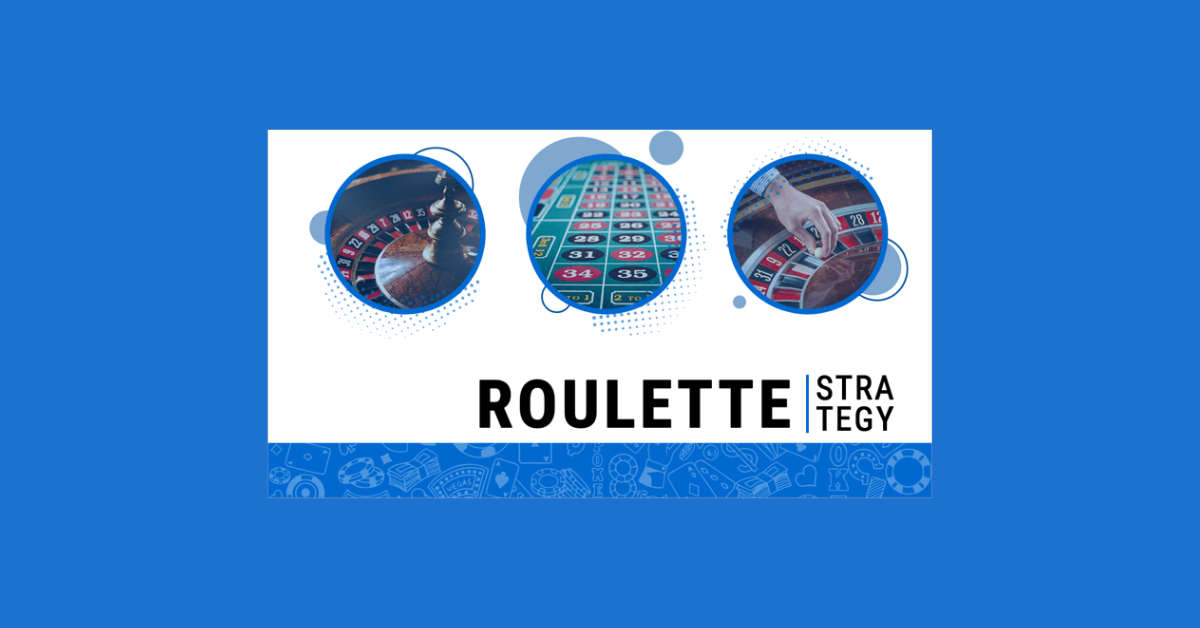Different Types of Bets in Roulette
In roulette, players have a variety of betting options to choose from. One of the most straightforward bets is the “straight bet,” where players place their chips on a single number. This type of bet offers the highest payout but has the lowest probability of winning. Alternatively, players can opt for the “split bet,” where they place their chips on the line between two numbers. This bet provides a lower payout but higher odds of winning compared to a straight bet.
Another common bet is the “outside bet,” which includes options like red or black, odd or even, and high or low numbers. These bets offer lower payouts but higher chances of winning, making them popular among beginners. Moreover, players can make “corner bets,” where they place their chips at the intersection of four numbers to increase their chances of winning. Each type of bet in roulette comes with its own set of odds and potential payouts, allowing players to choose the option that best suits their risk appetite and strategy.
Understanding the Odds of Each Bet
Roulette offers a variety of betting options, each with its own set of odds. The simplest bets in roulette are the red or black, even or odd, and high or low options, which each have nearly a 50% chance of winning. These bets offer the lowest payouts but are the safest options for beginners looking to get a feel for the game.
On the other hand, more complex bets like straight up, split, street, corner, and line bets have lower odds of winning but offer higher payouts. Understanding the odds of each bet is crucial in roulette, as it allows players to make informed decisions based on their risk tolerance and potential rewards. With a deeper understanding of the odds, players can tailor their betting strategies to maximize their chances of winning in this exhilarating game of chance.
The Importance of Bankroll Management
Proper bankroll management is essential when playing roulette, as it helps players maintain control over their funds and avoid reckless betting behavior. By setting a budget and sticking to it, gamblers can ensure that they do not overspend or chase their losses during gameplay. Effective bankroll management also allows players to make more calculated bets and enjoy the game without the stress of financial strain.
Additionally, having a well-managed bankroll enables players to make more informed decisions while playing roulette. By knowing their limits and adjusting their bets accordingly, gamblers can maximize their chances of winning and minimize their risk of significant losses. Overall, implementing sound bankroll management practices is a fundamental aspect of responsible gambling that can enhance the overall roulette experience.
Strategies for Making Smart Bets
When it comes to making smart bets in roulette, one key strategy is to understand the different types of bets available. By familiarizing yourself with the odds and potential payouts of each bet, you can make more informed decisions when placing your bets on the roulette table. From simple even-money bets like red/black or odd/even to more complex inside bets like straight-up or split bets, each type offers a different level of risk and reward.
Another important strategy for making smart bets in roulette is to consider your bankroll management. Setting limits on how much you are willing to wager and sticking to a budget can help prevent overspending and ensure you can continue playing responsibly. By managing your bankroll effectively, you can enjoy the thrill of roulette without risking more than you can afford to lose.
The Role of Luck in Roulette
Luck plays a significant role in the game of roulette. No matter how skilled or strategic a player may be, there is always an element of chance involved in the outcome of each spin. The unpredictable nature of the game is what makes it both thrilling and risky for players.
While luck can sometimes work in a player’s favor, it can also be unpredictable and lead to unexpected losses. Understanding this aspect of roulette is crucial for players to manage their expectations and approach the game with a sense of enjoyment rather than relying solely on luck for success.















